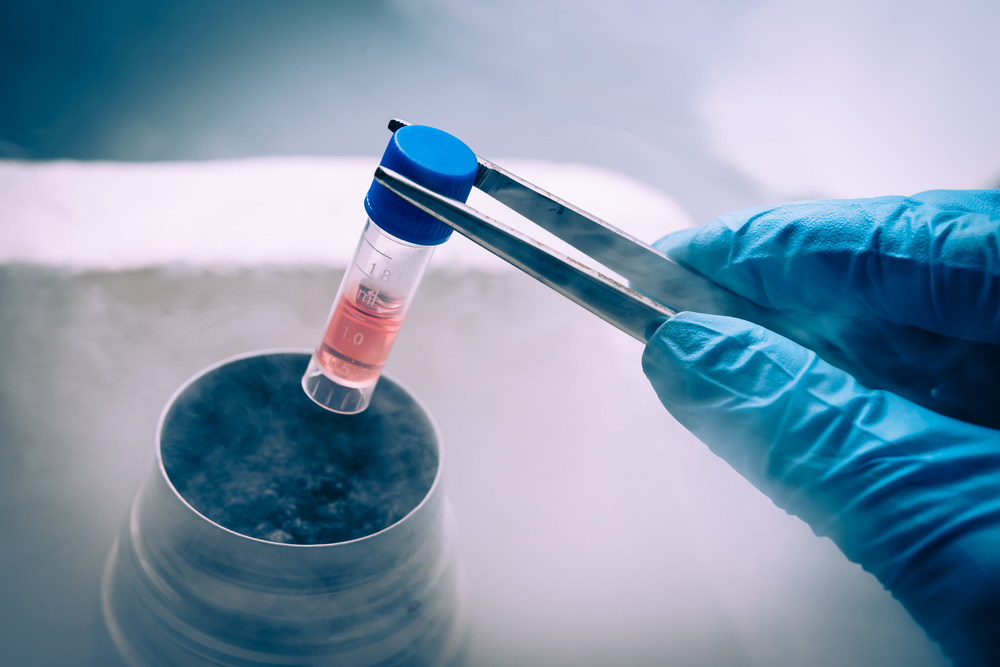Quick-Tissue Kits May Aid Research into MD and Other Muscle-Wasting Diseases
by |

Elixirgen has announced the launch of its new Quick-Tissue 1.0 Series for use by scientists exploring new ways of treating muscle-degenerative diseases like muscular dystrophy (MD).
The biopharmaceutical company, located at Johns Hopkins campus, specializes in stem cell biology. The Quick-Tissue 1.0 Series includes a skeletal muscle differentiation kit called Quick-Muscle 1.0 (a biological reagent that develops skeletal muscle from stem cells in a few days), and a neuron differentiation kit called Quick-Neuron 1.0 (a fast neuron differentiation kit that yields an abundance of neurons in less than one week).
Within a week’s time, Quick-Tissue 1.0 can differentiate human pluripotent stem cells (hPSCs) and induced pluripotent stem cells (iPSCs) into skeletal muscle cells or neurons, providing timely access to the cells necessary to advance research into potential treatments.
Recently, hPSCs have emerged as a new model system that offers unique advantages for developmental studies. Because hPSCs can self-renew indefinitely in culture while maintaining the ability to become almost any cell type in the human body, the potential of using hPSCs for cell replacement therapy and disease modeling has been discussed extensively.
In muscular dystrophy, skeletal muscles are progressively damaged, which leads to muscle weakness and muscle degeneration. Skeletal muscles contain a type of stem cell called satellite cells – when muscle fibers are damaged, they send chemical signals to satellite cells to tell them to form new muscle fibers or to fuse with existing fibers to repair the damage. However, in muscular dystrophies like Duchenne MD, these cells become exhausted by the extent of continuous damage, and eventually muscles can no longer repair themselves.
Stem cell therapy is thought to be a potential approach to the treatment of muscular dystrophies in two main ways: 1. By producing health muscle fibers – stem cells without the genetic defect could be delivered to patients’ muscles, which could generate working muscle fibers to replace the damaged ones; and 2. By reducing inflammation – in MD, damaged muscles become very inflamed, a process that also accelerates muscle degeneration. It is thought that stem cells, due to their particular properties, may release chemicals that reduce inflammation.
According to the press release, both Quick-Muscle 1.0 and Quick-Neuron 1.0 are available for purchase or pre-order, respectively, at Elixirgen’s website (Quick-Neuron 1.0 is set to become available in November this year).







